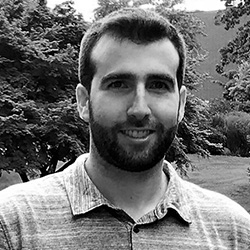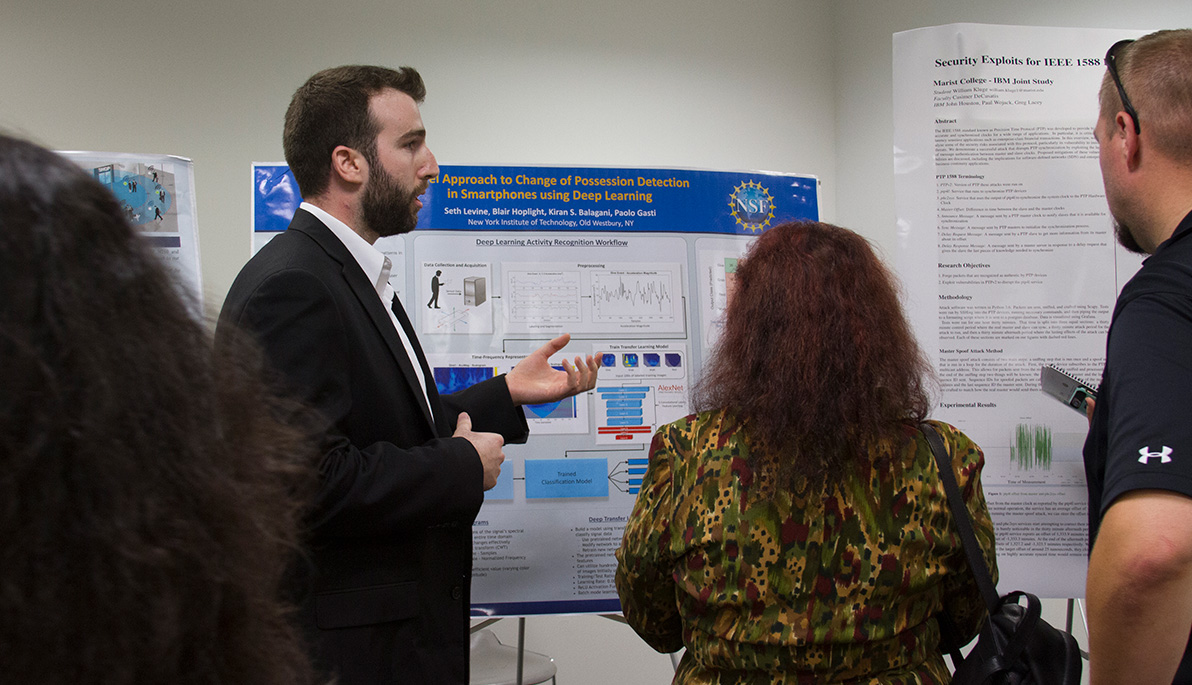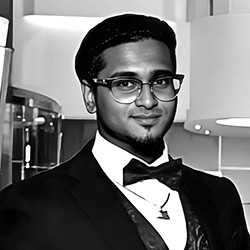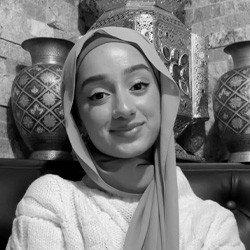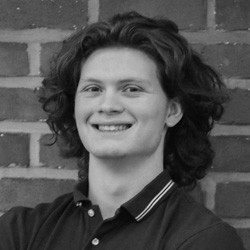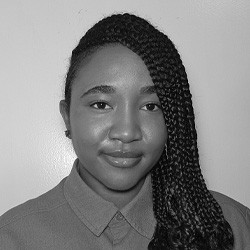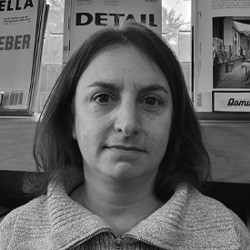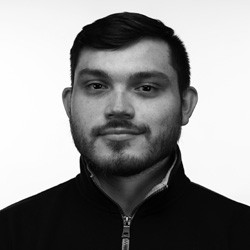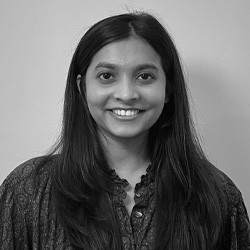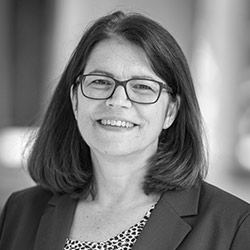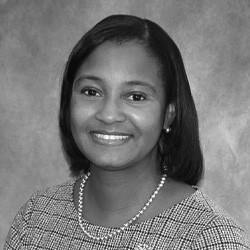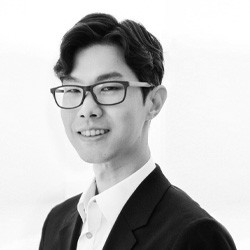The Nuts and Bolts of AI
As an undergraduate student at University of Pennsylvania School of Engineering and Applied Science, Seth Levine created his own individualized major: Complex Human Behavior and Evolution. “[The major] combined anthropology, psychology, and philosophy with systems engineering and computer science,” he explained. “It gave me the opportunity to study the brain from a systems perspective.”
Now the master’s candidate in computer science is exploring a different kind of brain: “I studied biological neural networks in my undergraduate work, and now I am exploring artificial neural networks in my master’s research.” He sat down with The Box to talk about his current projects and what led him to NYIT.
Why computer science?
Humans have become so reliant on computers and their applications, yet the majority of people don’t know how they work. I wanted to understand the nuts and bolts, so to speak—the inner workings behind the technology that we use every day. I felt that a deeper understanding of the field would give me a greater appreciation and a stronger perspective as I developed new projects. Specifically, with major advances in artificial intelligence, I find it even more important to understand the underlying principles of this expanding frontier.
In your undergraduate studies you focused on the human brain. Why the switch to computers?
I took computer science classes as an undergrad and have been developing websites my whole life. I found programming to be thought-provoking and a great application of math, which I’ve always enjoyed. I find the field to be intellectually stimulating. I love solving problems, and I view computer science as mastering the tools and principles necessary to solve complex problems. The field is constantly evolving and there are limitless possibilities. The study of computer science is never over; there is always more to learn and more to explore.
What attracted you to NYIT?
When I applied to NYIT, I was working two part-time jobs as a basketball coach and property manager on Long Island. NYIT was close to home and classes were at convenient times. Additionally, I found the woodsy [Long Island] campus appealing and [I was offered] a scholarship. I knew it was the right place for me when I got my position as a research assistant. I found this to be a great opportunity. When I began my master’s degree, I knew that I wanted to develop a research project. In my current role, I’m able to work with professors and other students.
What are you working on now?
I am a research assistant for Associate Professor Kiran Balagani, Ph.D., and Associate Professor Paolo Gasti, Ph.D. I am currently working on a project that explores machine learning and deep learning for activity recognition using smartphones. I have been analyzing smartphone signal data to create a new technique to predict the behavior of smartphones. This project has allowed me to refine my research skills. I am able to explore topics independently, test new ideas, and present my work. This hands-on project has given me the opportunity to apply what I’m learning in the classroom to an actual problem.
It has been a great experience working with Dr. Gasti and Dr. Balagani. Learning from them outside the classroom has been exciting and a great honor.
What other projects have you worked on?
Last semester, I worked on a team project that applied face detection as a control for a media player. I always found computer vision and face recognition fascinating, and it was rewarding to learn algorithms the machine uses to detect faces.
What advice would you give to a student who is thinking of returning to school or changing careers?
It is so important to take care of yourself and follow your intellectual curiosity. You want to be happy doing what you’re doing. You can never go wrong by investing in yourself and going back to school or exploring a new opportunity. Personally, I found returning to school for a master’s to be very rewarding and after taking a few years outside the academic setting I found myself returning rejuvenated and excited to be back.
This interview has been edited and condensed.
